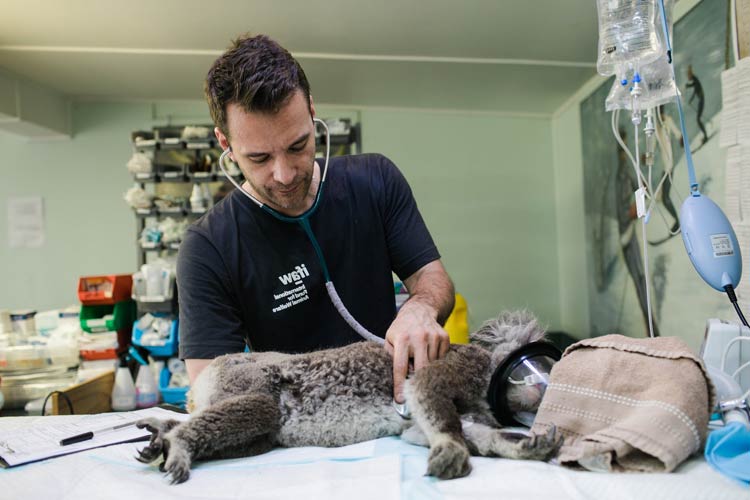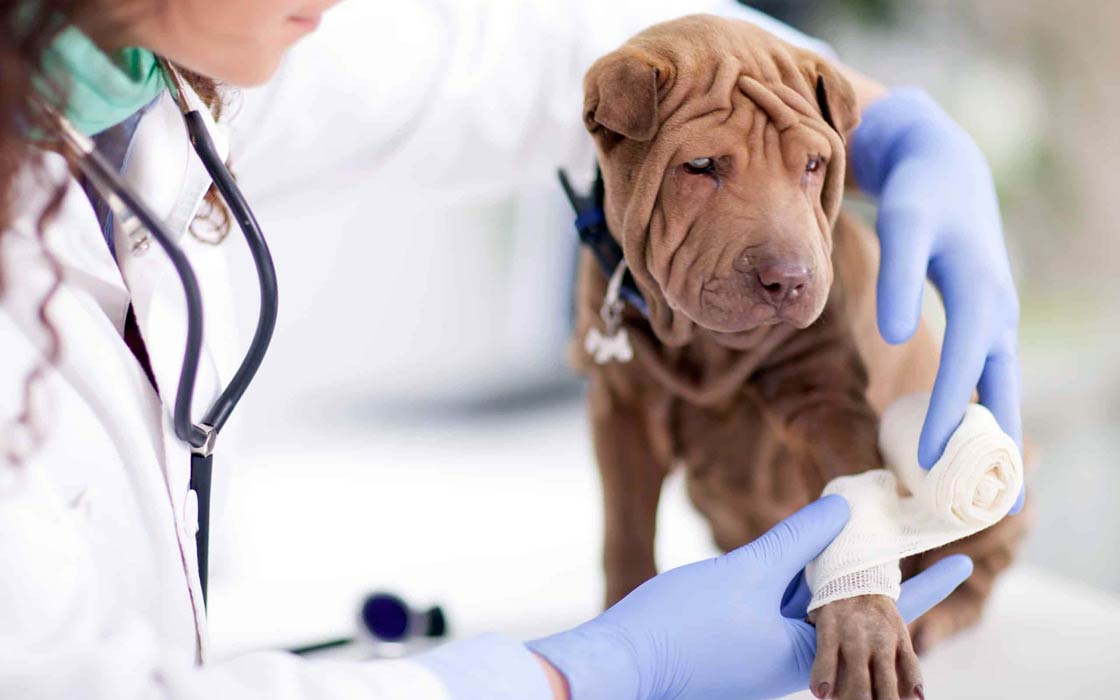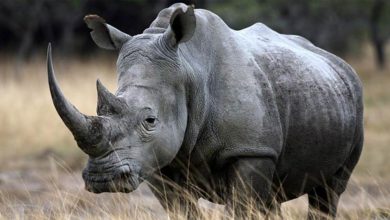Best University Majors for a Vet
Best University Majors to Take if You Want to Become a Vet
The journey to becoming a veterinarian is both challenging and rewarding, requiring not only a passion for animal welfare but also a solid educational foundation. As aspiring veterinarians contemplate their career path, one of the earliest and most crucial decisions they face is selecting the right university major. This choice can significantly influence their veterinary school application, their preparedness for the rigorous coursework, and ultimately, their success in the field. This article delves into the best university majors for those aiming to pursue a career in veterinary medicine, offering guidance to help navigate this pivotal decision.
Understanding the Role of a Veterinarian
Veterinarians are the guardians of animal health and welfare. Their role extends beyond diagnosing and treating illnesses in pets; they play a crucial part in public health, food safety, research, and wildlife conservation. The field offers a diverse range of specialties, from caring for small household pets to managing the health of large farm animals and even participating in groundbreaking scientific research. To excel in this field, students should seek a comprehensive education, including practical experience.

Key Qualities and Skills Required for Veterinarians
A successful veterinarian possesses a blend of technical expertise and soft skills. Here’s a list of some essential qualities and skills:
- Compassion and Empathy. The ability to empathize with animals and their owners.
- Communication Skills. Clear and effective communication with pet owners and colleagues.
- Problem-Solving Abilities. Quick and accurate diagnosis of health issues in animals.
- Manual Dexterity. Skillful handling of medical instruments and performing procedures.
- Strong Ethical Standards. Upholding animal welfare and making ethical decisions.
- Resilience. Coping with emotionally challenging situations.
These traits are often nurtured and developed through both academic coursework and practical experience in the field.
Pre-Veterinary Majors: The Traditional Path
Biology
Often considered the go-to major for aspiring veterinarians, a degree in biology provides a comprehensive understanding of living organisms. Courses in cell biology, genetics, physiology, and anatomy lay the groundwork for advanced veterinary studies.
Animal Science
This major offers a more focused curriculum for those aiming to work in veterinary medicine. It covers animal biology, nutrition, pathology, and husbandry, along with hands-on experience in handling and caring for animals. This major is particularly beneficial for students interested in working with farm animals or in animal production.
Both these majors offer a robust foundation for the scientific rigor of veterinary school, ensuring students are well-prepared for their future academic endeavors.

Alternative but Relevant Majors
Biochemistry
A major in biochemistry is invaluable for understanding the chemical processes in animal bodies. This knowledge is critical in diagnosing diseases, developing treatments, and understanding medication effects. Courses in molecular biology, pharmacology, and chemistry provide a solid foundation for veterinary pharmacology.
Zoology
For those interested in wildlife or exotic animals, zoology is an excellent choice. It focuses on animal behavior, ecology, and conservation, offering insights into a wide range of species beyond domestic animals.
Psychology
A less conventional but beneficial major is psychology. Understanding animal behavior, especially for pets and animals in captivity, is a growing field. Courses in behavioral psychology can provide unique perspectives and skills useful in veterinary practice.
Each of these majors offers a unique lens through which to view veterinary medicine, enriching a veterinarian’s understanding and approach to animal care.
The Path to Veterinary School
After completing an undergraduate degree, the next step is veterinary school. The chosen major can influence admission into veterinary school, but it’s not the only factor. Veterinary schools look for well-rounded candidates with a strong academic record, which includes a high GPA, particularly in science courses. Additionally, they value extracurricular activities related to animal care, such as volunteering at animal shelters, interning at veterinary clinics, or engaging in relevant research projects. These experiences not only bolster an application but also provide invaluable practical experience in the field.
Strong letters of recommendation from professors and veterinary professionals can also significantly impact admissions. These endorsements are more compelling when they come from long-term relationships built through internships or research projects. Ultimately, while the major is important, veterinary schools seek candidates with a passion for animal care, a strong academic background, and relevant practical experiences.

Challenges and Rewards of a Career in Veterinary Medicine
A career in veterinary medicine is both challenging and fulfilling. On the challenging side, veterinarians often face long hours and emotionally difficult situations, including dealing with sick animals and sometimes having to perform euthanasia, and the physical demands of the job. There’s also the academic challenge of veterinary school, which is rigorous and competitive.
However, the rewards are plentiful. Veterinarians have the satisfaction of improving the lives of animals and their owners. They also enjoy a high degree of respect and trust from the community. The profession offers diverse opportunities, from clinical practice to research and public health, allowing veterinarians to find their niche. The joy of healing animals, the gratitude of pet owners, and the ever-evolving nature of veterinary medicine make it a highly rewarding career.
Final Thoughts
Choosing the right major is a crucial step for aspiring veterinarians. While traditional paths like biology and animal science are solid choices, alternative majors like biochemistry, zoology, and psychology also offer valuable perspectives and skills for a career in veterinary medicine. The journey to becoming a veterinarian is demanding, requiring a blend of academic excellence, practical experience, and a deep passion for animal care.
As you embark on this journey, remember that the road to success involves continuous learning and adaptation. For additional support, especially in academic writing, consider reaching out to the best dissertation writing service, which can provide expert guidance and assistance. Embrace the challenges, cherish the rewards, and keep your passion for animal welfare at the forefront of your endeavors.

Recommended
- The smartest dogs
- The tallest dogs
- The most aggressive dogs
- The oldest dogs
- Pets
- Dogs
- Cats
- Wild cats
- The fastest animals
- The fastest birds
- The largest eagles


















